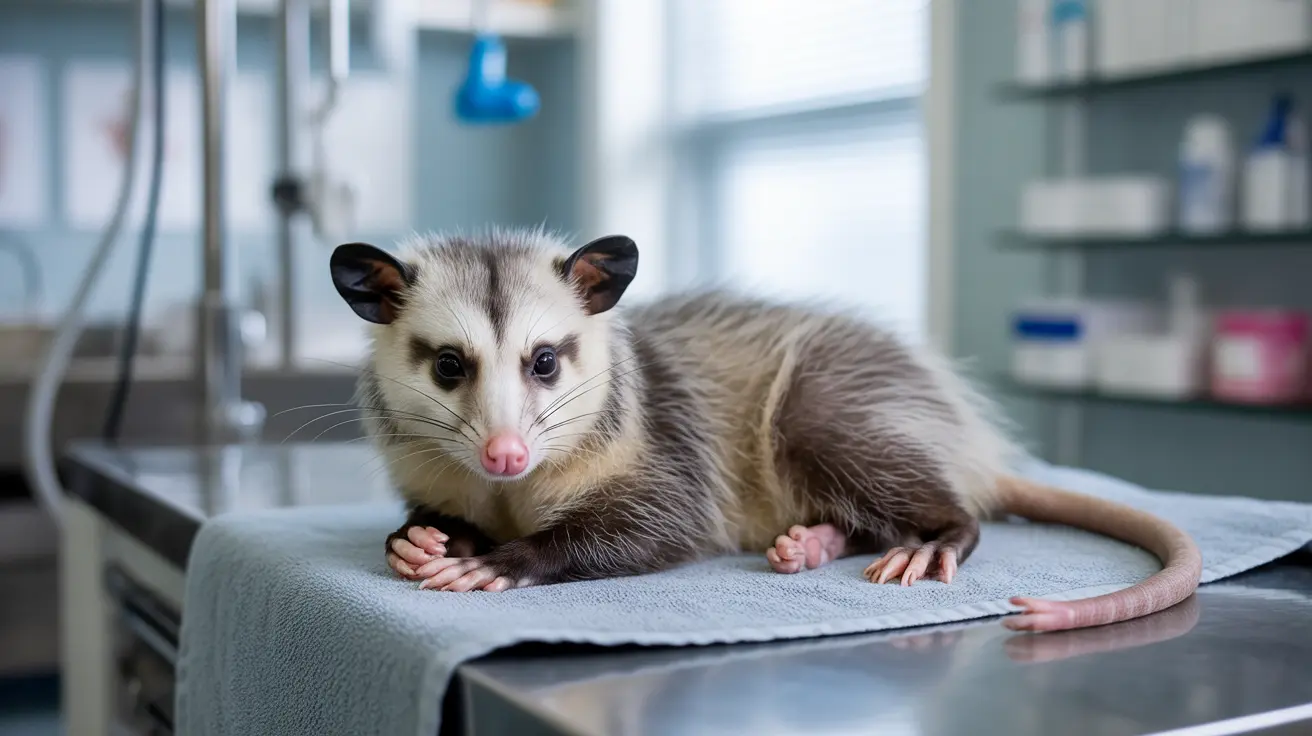The Werling Wildlife Rehabilitation & Education Center is preparing to host a special fundraising event this Saturday featuring some of its remarkable animal ambassadors. The "Hero Meals" fundraiser aims to support a dedicated local group of volunteers who work tirelessly to care for injured and orphaned wildlife in the community.
This wildlife rehabilitation center event represents more than just a fundraising opportunity—it's a chance for community members to learn about the critical work being done to protect and preserve local wildlife populations. By featuring live animals during the event, the center will provide visitors with an up-close educational experience while raising essential funds for ongoing operations.
Supporting Wildlife Volunteer Care Through Community Engagement
The Hero Meals fundraiser highlights the essential role that community support plays in wildlife rehabilitation efforts. Local volunteer groups form the backbone of wildlife rescue operations, dedicating countless hours to animal care, facility maintenance, and public education initiatives. These volunteers often work behind the scenes, providing critical support that enables rehabilitation centers to function effectively.
Wildlife rehabilitation centers like Werling rely heavily on community fundraising to cover operational expenses including veterinary care, specialized diets, medical supplies, and facility improvements. The costs associated with caring for injured wildlife can be substantial, particularly when animals require extended rehabilitation periods or complex medical treatments.
Injured Wildlife Care and Educational Outreach Programs
During the fundraiser, visitors will have the opportunity to meet animal ambassadors that serve as living examples of successful wildlife rehabilitation. These animals, which typically cannot be released back into the wild due to permanent injuries or behavioral adaptations, play a crucial role in educating the public about native wildlife conservation and the importance of coexisting peacefully with wild neighbors.
Educational ambassador programs help community members understand how their actions directly impact local wildlife populations. From proper waste disposal to creating wildlife-friendly landscaping, small changes in human behavior can significantly improve outcomes for native species.
Community Wildlife Conservation Through Local Support
The Hero Meals event demonstrates how grassroots fundraising efforts can make a meaningful difference in wildlife conservation. When community members attend events like this, they're not just enjoying entertainment—they're actively participating in efforts to preserve biodiversity and protect vulnerable wildlife populations.
Local wildlife education initiatives like this fundraiser help bridge the gap between professional wildlife management and community awareness. By bringing people face-to-face with rehabilitated animals, these events create lasting impressions that often inspire visitors to become more conscious of their environmental impact.
Wildlife Rescue and Release Success Stories
Every fundraising dollar raised through events like Hero Meals directly contributes to the center's ability to rescue, rehabilitate, and release wild animals back to their natural habitats. The rehabilitation process often involves complex medical care, specialized nutrition, and behavioral conditioning to ensure animals can successfully survive once returned to the wild.
For animals that cannot be released, the transition to educational ambassador roles provides them with quality care while serving an important conservation purpose. These animals become powerful advocates for their wild counterparts, helping visitors understand the challenges facing local wildlife populations.
Frequently Asked Questions
What types of wild animals does the Werling Wildlife Rehabilitation & Education Center care for?
The center specializes in treating injured, orphaned, and displaced native wildlife including birds, mammals, and reptiles, but does not accept domestic or exotic pets.
How can I safely help or transport an injured wild animal to a rehabilitation center?
Always contact the rehabilitation center first for guidance. Keep the animal warm and secure in a ventilated box or carrier and avoid extensive handling to reduce stress.
What happens to wild animals after rehabilitation at Werling Wildlife Center?
Animals are carefully released back to their original habitat when possible; those that cannot survive in the wild may become educational ambassadors for public outreach.
Why are fundraising events like "Hero Meals" important for wildlife rehabilitation centers?
Fundraisers support operational costs such as veterinary care, food, facility upgrades, and fund local volunteer groups essential to animal care and community education.
How can community members safely coexist with local wildlife and support conservation efforts?
By learning responsible practices such as wildlife-friendly gardening, controlling pet predation, and supporting local rehab events, people help protect biodiversity and promote humane coexistence.
Making a Difference for Local Wildlife
The Hero Meals fundraiser at Werling Wildlife Rehabilitation & Education Center represents the best of community-driven conservation efforts. By supporting this event, attendees contribute directly to the care of injured and orphaned wildlife while gaining valuable knowledge about their role in protecting local ecosystems.
Events like this remind us that wildlife conservation begins in our own backyards. Whether through financial support, voluntering, or simply making more wildlife-conscious choices in our daily lives, each community member has the power to make a positive impact on the animals that share our environment.






